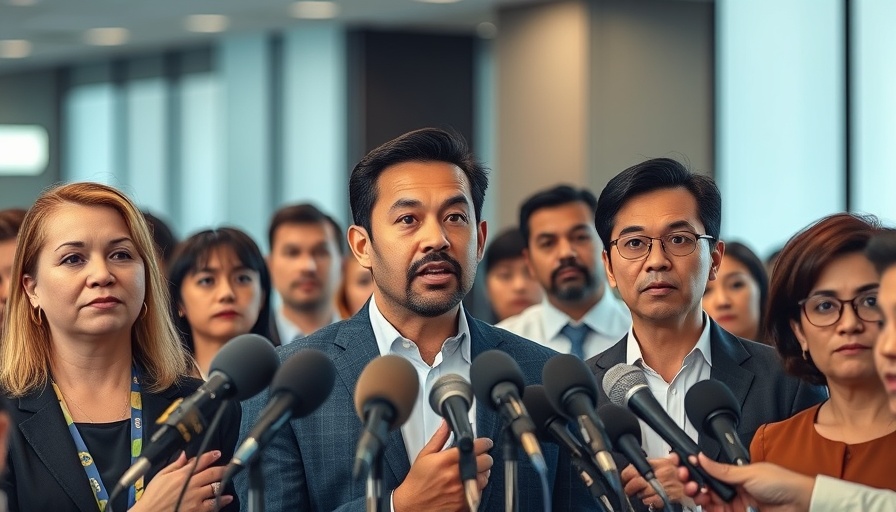
Breaking Free from the "Vacation Wife" Role
As summer beckons, so do family vacations and the emotional labor that often comes with them. The term “vacation wife” has entered the lexicon of parenting, describing mostly mothers who bear the brunt of planning family trips. From organizing itineraries to packing bags, the responsibility can feel endless. However, it's crucial to recognize that holidays should be a communal effort the whole family enjoys.
Understanding Emotional Labor in Family Dynamics
According to Leigh Norén, a relationship therapist, vacation planning is akin to a project leader's tasks, minus the monetary benefits. Parents typically take on different roles based on perceived strengths, yet it often leads to one partner carrying the load alone. "The issue isn’t just about physical responsibility; it encompasses the emotional and mental workload too," she explains. This can spiral into feelings of resentment if left unaddressed. Exploring ways to share this labor equitably not only supports each other but also enriches family connections.
Unpacking the Complex Gender Dynamics
Many women find themselves unconsciously slipping into the role of the “vacation wife.” This pattern can arise from societal expectations or childhood experiences where mothers might have taken on the lion's share of planning. Valerie Ortega, a clinician, notes that recognizing these dynamics is essential. “Taking the initiative doesn’t always equate to the desire to handle everything,” she suggests. Understanding these implicit biases can lead to better communication between partners and help dismantle the expectation that one person should always take charge.
Creating a Partnership in Planning
The key to enjoyable vacations lies in cooperation. Families should openly discuss roles and responsibilities that can be shared. Whether it’s designating tasks like booking accommodations, meal planning, or researching activities, sharing the workload transforms family trips into a collaborative experience. Setting aside time for these discussions empowers all family members, enhancing both the planning and the enjoyment of the trip.
Future Insights: Rethinking Family Vacations
Looking ahead, it’s critical to foster a family culture of shared responsibility. Initiatives like involving children in planning activities or using digital tools to allocate tasks can help. Apps for travel planning can serve as an excellent resource not just for adults but for kids to engage and gain a sense of ownership. Such strategies may shift the traditional dynamics of vacation planning towards a more balanced approach, creating lasting memories along the way.
Practical Tips for Equitable Vacation Planning
- Communicate openly about who will handle which responsibilities while planning trips.
- Involve children in decision-making to promote accountability.
- Use planning tools and apps to facilitate shared responsibilities.
- Schedule regular family meetings to discuss preferences and strategies for future vacations.
Ultimately, family vacations should be about creating joyful memories rather than exhausting experiences. By recognizing and addressing the emotional labor often shouldered by one partner, families can foster a healthier, more equitable approach to vacation planning. Understanding one another, appreciating contributions, and actively sharing responsibilities can transform family trips into a source of unity and happiness.
So, as you gear up for your next adventure, remember that planning doesn’t solely rest on one individual’s shoulders. It’s about nurturing a supportive family dynamic that allows everyone to contribute and revel in the experience together.
 Add Row
Add Row  Add
Add 




Write A Comment